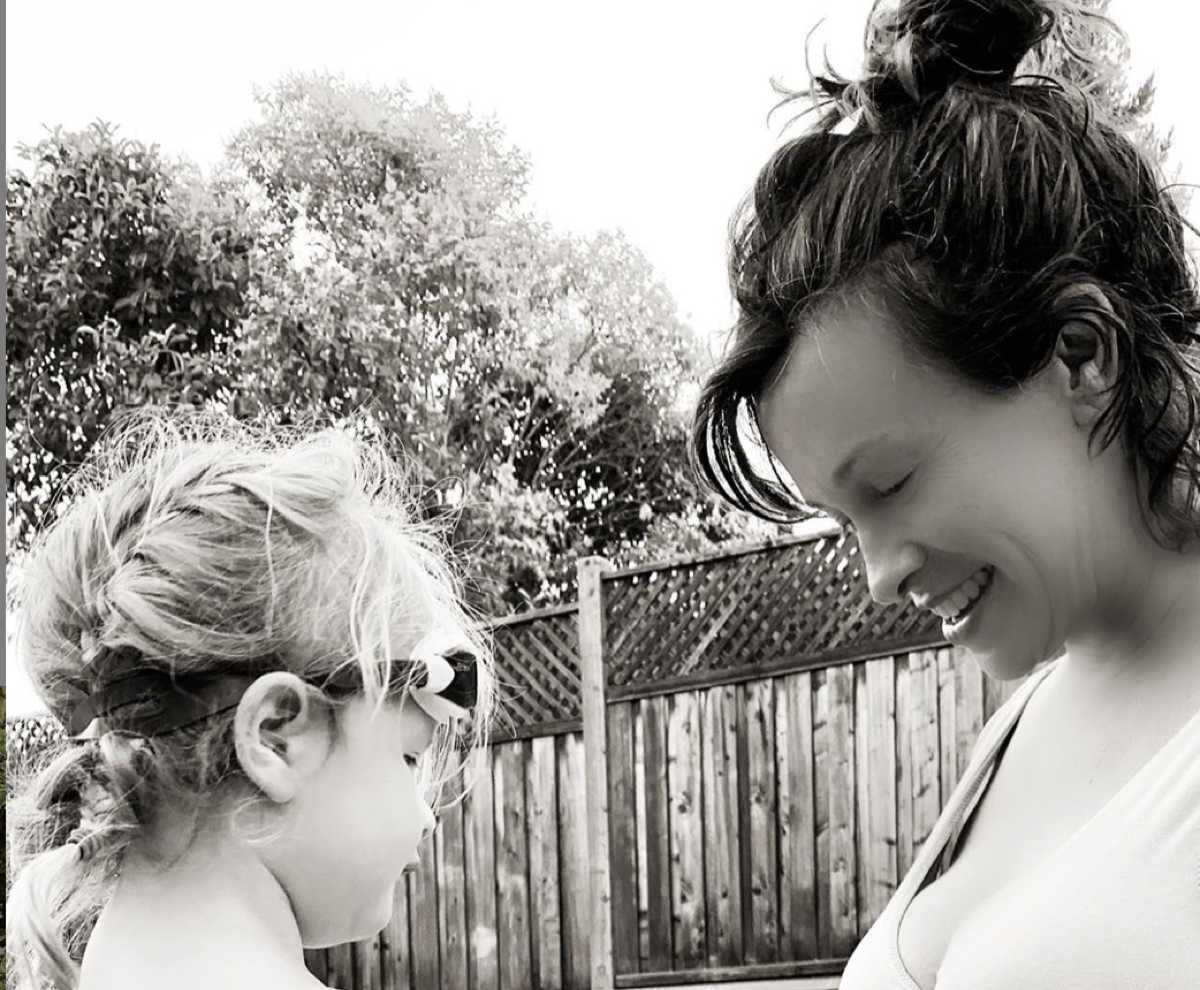Postpartum Screening Available For Expectant Mothers: Create A Support Plan Before Your Baby Arrives
 Canadian-born singer, songwriter, and actress Alanis Morrisette has opened up about her battle with postpartum depression. Alanis and husband Souleye are expecting their third child.
Canadian-born singer, songwriter, and actress Alanis Morrisette has opened up about her battle with postpartum depression. Alanis and husband Souleye are expecting their third child.
In a recent interview with Self, Alanis Morrisette explained,
“I had postpartum depression both times, both kids, just basically feels like tar had taken over my whole body and I was just underwater and I kept having that image of wanting to get above the wave.”
Not wanting to admit she felt depressed, anxious and overwhelmed, Alanis Morrisette did not seek out help until her first child was 16 months old. Following the birth of her second child, the singer and songwriter waited four months.
“This time around I am not even waiting four minutes, I am going to be like, ‘Okay, everybody, even if I say I am okay I want you to resist believing me. Depression has a way of taking away self-perception in a way it clouds things. I am actually going to need support and I am not going to push it away.”
Postpartum depression is the most common medical complication of childbirth with 50 percent of cases going undiagnosed. Symptoms may include irritability, insomnia, trouble falling asleep and/or staying asleep, mood swings, sadness, and crying jags.
More severe symptoms of PPD include isolating yourself from friends and family, not being able to take care of your infant on your own, not being able to take care of yourself, loss of appetite, suicidal thoughts and/or ideations, feelings of disconnection from your newborn and the unexplainable urge to harm your newborn.
Speak frankly and honestly with your support team. Tell those close to you the truth about depression, anxiety, hopelessness, and fear of failure. Accept offers of help with everyday chores. Ask your family and friends to be there for you to help with cooking, laundry, house cleaning, and grocery shopping.
High profile moms are just as suspectable to postpartum as the average woman. Meghan Markle, the Duchess of Sussex, despite having a strong support team, could be affected by PPD.
No matter a woman’s age, income, ethnicity, social standing or marital status. Despite the number of children a woman has given birth to, you are still at risk for PPD.
There are many resources available to help guide you through postpartum depression. There is no cure for PPD, but expectant moms, friends, family, and medical professionals can be proactive with postpartum depression screening, awareness, and planning.

